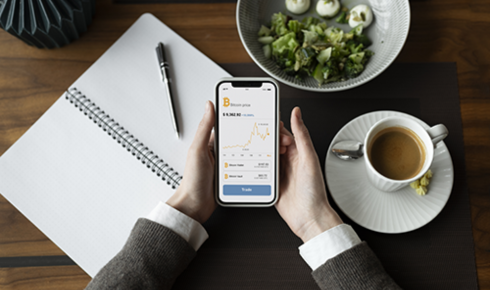General Understanding of International Trade Regulations
What are international trade regulations?
Rules governing the exchange of goods and services between countries, aimed at ensuring fair trade practices and compliance.
Why are trade regulations important?
They protect local industries, prevent unfair competition, ensure safety standards, and support international relations.
What is the World Trade Organization (WTO)?
An international body that regulates trade rules among member countries to ensure smooth and predictable commerce.
What is a free trade agreement (FTA)?
A pact between two or more countries to reduce trade barriers like tariffs and quotas.
What are trade tariffs?
Taxes imposed on imported goods to protect domestic industries or generate revenue.
What are non-tariff barriers?
Regulations, standards, or practices like quotas, licensing, and health standards that restrict trade.
What is the Harmonized System (HS) code?
An internationally standardized system of names and numbers used for classifying traded goods.
How do countries control exports?
Through export controls, licences, and quantitative restrictions based on national security and economic interests.
What is an import quota?
A restriction on the quantity of a particular good imported into a country.
What is the role of customs authorities?
They enforce trade laws, collect duties, and ensure the legality of imported and exported goods.
Documentation and Compliance
What are the major documents for international trade?
Commercial invoice, packing list, bill of lading, certificate of origin, and export/import licenses.
What is a certificate of origin?
A document proving that goods were manufactured in a specific country.
What is the function of a commercial invoice?
It serves as the primary document for customs declarations, detailing goods, value, and origin.
What is a trade compliance audit?
An assessment to ensure a business adheres to all trade regulations and requirements.
How do companies ensure compliance with trade laws?
By understanding regulations, training staff, and using trade management software.
What are export control classifications (ECCN)?
Codes that identify items subject to export control laws in the U.S.
What is a denied party list (DPL)?
List of individuals or entities denied permission to undertake trade.
How does one go about getting an export license?
Apply through a government agency concerned, such as the U.S. Bureau of Industry and Security
What is proforma invoice?
Preliminary bill of goods and terms of sale, especially used for customs purposes.
What is Incoterm?
International Commercial Terms referring to responsibilities during trade between a buyer and a seller.
Trade Barriers and Risks
What are trade sanctions?
Government-imposed restrictions on trade with specific countries, entities, or individuals.
What are anti-dumping duties?
Tariffs imposed to protect domestic industries from foreign products sold below market value.
What are countervailing duties?
Tariffs levied to counteract subsidies provided by foreign governments to their exporters.
How do businesses address currency exchange risks?
By using hedging strategies like forward contracts and options.
What are intellectual property (IP) challenges in trade?
Counterfeiting, IP theft, and IP laws different from country to country.
What is a trade dispute?
When two countries argue over the methods of trade between them, normally resolved by the WTO.
What is a tariff escalation?
Higher tariffs on the finished product as compared to the raw material, for the local industries.
How do political factors influence trade regulation?
Changes in the government, sanctions, or a trade war changes the regulation and market situation.
What is dual-use goods regulation?
Laws regulating items of both civilian and military use.
How do firms reduce supply chain risk?
By diversifying the number of suppliers, ensuring adherence, and technology use in tracing.
Rising Trends and Innovations
What impact does e-commerce have on trade regulations?
E-commerce promotes border-to-border transactions that, in turn necessitate the reformation of tax laws, customs procedures, and electronic compliance.
What is blockchain’s place in trade compliance?
Blockchain technology ensures that more openness, trackability, and security are maintained while documenting trade transactions.
What are green trade regulations?
Rules encouraging environmentally friendly practices, such as carbon footprint reduction and sustainable sourcing.
How do digital platforms make compliance easier?
By automating documentation, tracking regulations, and providing updates on trade laws.
What is the effect of AI on trade regulations?
AI streamlines compliance checks, predicts regulatory changes, and identifies trade risks.
Practical Advice for Businesses
How can businesses keep themselves updated on trade regulations?
By subscribing to government updates, using trade advisory services, and attending trade seminars.
What are the roles of trade associations?
They advocate for industry interests, provide insights, and offer resources for compliance.
How do companies handle disputes with customs authorities?
By providing accurate documentation, seeking legal counsel, or appealing through proper channels.
What is the role of free zones in trade?
Special areas where goods can be imported, processed, and re-exported without customs duties.
How do small businesses overcome the complexity of trade regulations?
Seek expert advice, utilize government resources, and use compliance software.
Let me know if you want more information on any of these questions or customized content!




